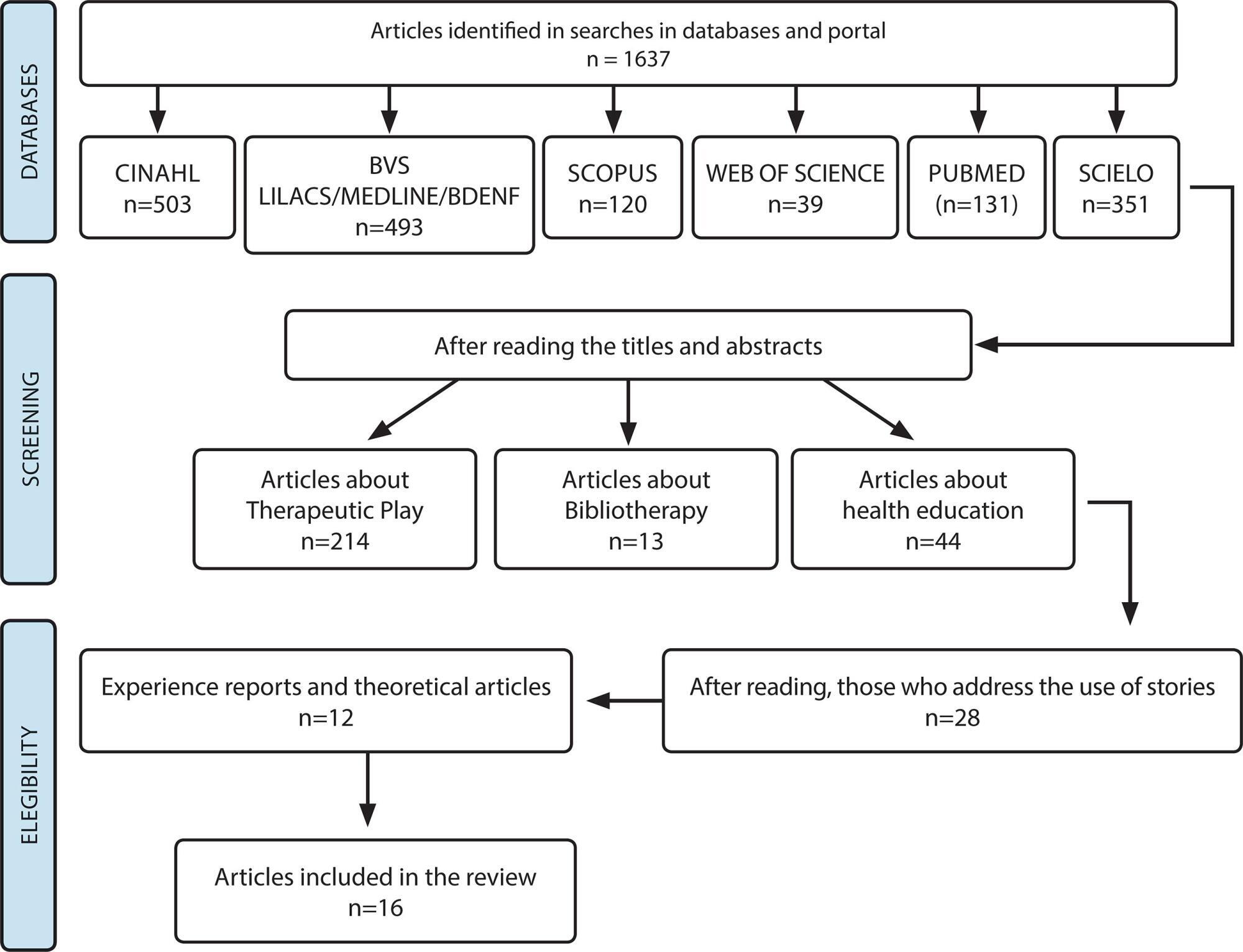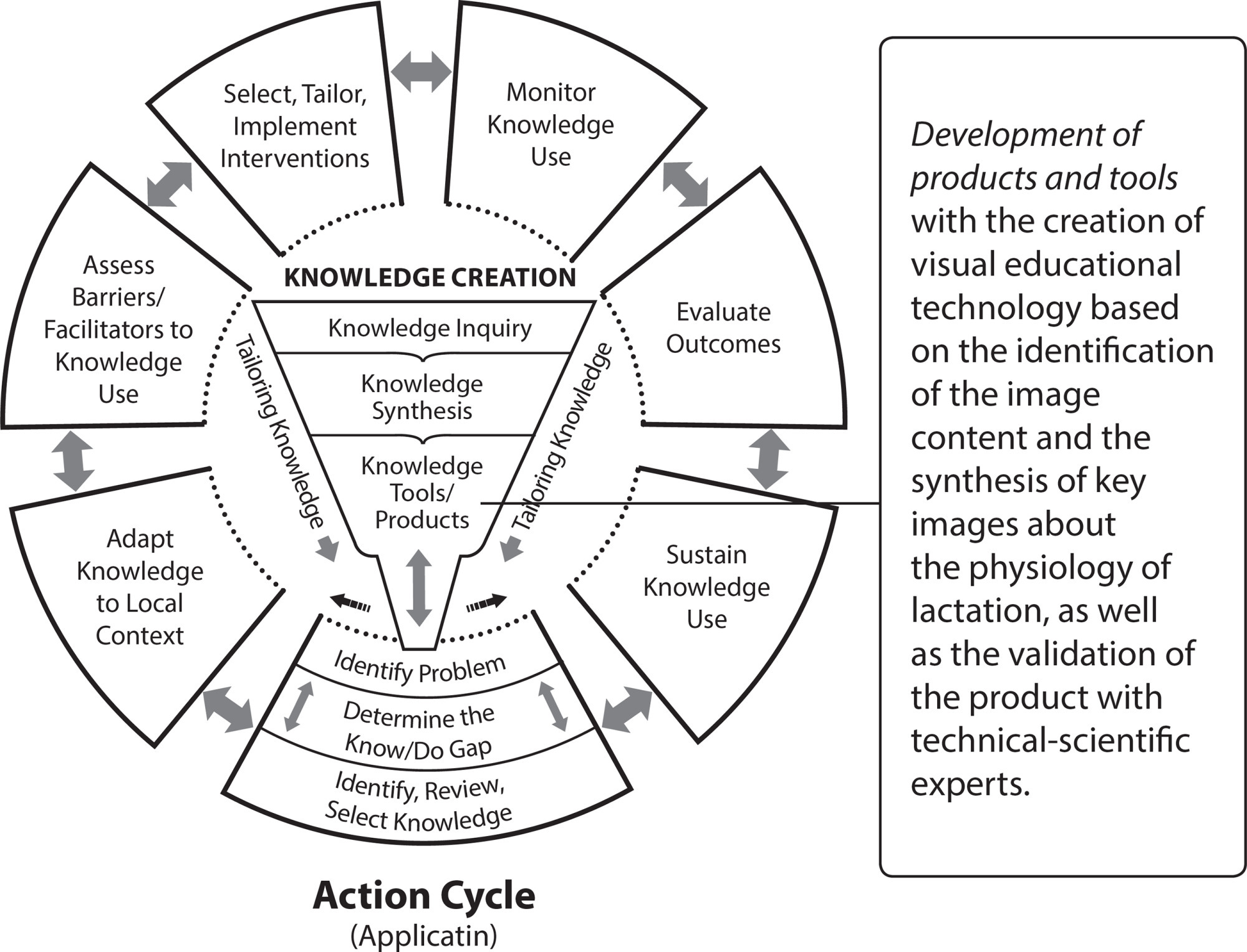-
ORIGINAL ARTICLE05-03-2024
Josicélia Dumêt Fernandes’ professional trajectory: contributions to psychiatric and mental health nursing
Revista Brasileira de Enfermagem. 2024;77(1):e20230174
Abstract
ORIGINAL ARTICLEJosicélia Dumêt Fernandes’ professional trajectory: contributions to psychiatric and mental health nursing
Revista Brasileira de Enfermagem. 2024;77(1):e20230174
DOI 10.1590/0034-7167-2023-0174
Views0See moreABSTRACT
Objectives:
to analyze nurse Josicélia Dumêt Fernandes’ life story, with emphasis on her work in the psychiatry and mental health fields.
Methods:
historical, qualitative research. Semi-structured interviews and documentary research were used as data collection techniques, collected from September to October 2021. For data analysis, we opted for the content analysis method and comparison with the Foucauldian philosophical framework.
Results:
four categories emerged: Transforming herself and mental health practices; (Re)framing professional practice; Nursing practice and power relations; and The paths and implications in the psychiatry and mental health fields.
Final Considerations:
the study of the biographer demonstrates a search for transformation of herself and mental health practices, with a rupture in paradigms and reframing of her practice in psychiatry and mental health.
-
ORIGINAL ARTICLE04-22-2024
Adherence to Covid-19 vaccination during the pandemic: the influence of fake news
Revista Brasileira de Enfermagem. 2024;77(1):e20230284
Abstract
ORIGINAL ARTICLEAdherence to Covid-19 vaccination during the pandemic: the influence of fake news
Revista Brasileira de Enfermagem. 2024;77(1):e20230284
DOI 10.1590/0034-7167-2023-0284
Views1See moreABSTRACT
Objectives:
to understand how fake news has influenced adherence to Covid-19 immunization, from the perspective of health professionals.
Methods:
a qualitative, descriptive-exploratory study was conducted in Campo Grande – MS. Twenty nursing professionals working in vaccine rooms or managing immunobiologicals participated through semi-structured interviews. The interviews were audio-recorded, fully transcribed, and subjected to thematic content analysis.
Results:
two categories emerged in which the professionals highlighted an increase in vaccine hesitancy among the population, influenced by fake news and denialist actions, which negatively interfered with the population’s trust in vaccines and in the professionals administering them.
Final Considerations:
concerns about vaccine safety and denialist actions by authorities and media outlets can contribute to the phenomenon of non-vaccination. The valorization of science, the promotion of educational actions, and raising public awareness about immunization were presented as strategies to increase vaccine coverage
-
ORIGINAL ARTICLE04-22-2024
Learning difficulties in school children: health and education professionals’ perceptions
Revista Brasileira de Enfermagem. 2024;77(1):e20230074
Abstract
ORIGINAL ARTICLELearning difficulties in school children: health and education professionals’ perceptions
Revista Brasileira de Enfermagem. 2024;77(1):e20230074
DOI 10.1590/0034-7167-2023-0074
Views0See moreABSTRACT
Objectives:
to understand health and education professionals’ perceptions regarding children’s learning difficulties in public schools.
Methods:
qualitative research, of the participatory action type, linked to Paulo Freire’s Research Itinerary. Forty-five professionals participated, through interviews and a Virtual Culture Circle. The analysis was developed through careful reading, reflection and interpretation of highlighted topics.
Results:
professionals discussed the (in)visibility of learning difficulties, strategies and resources in the educational sector and the search for solutions in the health sector. It was found that the production of complaints related to school learning is attributed predominantly as an individual problem of children or their family, exempting the educational institution from this process.
Final Considerations:
greater investment in professional training and development policies is urgently needed to facilitate coordination between sectors, with a view to overcoming outdated pedagogical and health models.
-
ORIGINAL ARTICLE04-22-2024
Mothers’ perception of the care of newborn in the home environment
Revista Brasileira de Enfermagem. 2024;77(1):e20230080
Abstract
ORIGINAL ARTICLEMothers’ perception of the care of newborn in the home environment
Revista Brasileira de Enfermagem. 2024;77(1):e20230080
DOI 10.1590/0034-7167-2023-0080
Views1See moreABSTRACT
Objectives:
to identify mothers’ perceptions about caring for newborns in the home environment, from the perspective of complexity thinking.
Methods:
qualitative, exploratory and descriptive research, carried out between November/2022 and February/2023. Data were collected through individual interviews with 21 mothers from southern Brazil who cared for newborns at home and analyzed using the thematic analysis technique.
Results:
the four thematic axes resulting from the data analysis: Living amidst order and disorder; embracing singularities; dealing with the certain and the uncertain; support network in the (re)organizing process demonstrate that the mother caring for a newborn in their home environment experiences a distinct and plural adaptive process, which must be welcomed and understood by health professionals who work within the family environment.
Final Considerations:
the care of newborns in a home environment, in the perception of mothers, requires differentiated attention and a formal or informal support network that considers the unique specificities of each woman/mother in the personal, family and social spheres. Therefore, in addition to the social support network, it is important to rethink home intervention approaches.
-
ORIGINAL ARTICLE04-22-2024
Nurses’ perception of the nursing process and its relationship with leadership
Revista Brasileira de Enfermagem. 2024;77(1):e20230371
Abstract
ORIGINAL ARTICLENurses’ perception of the nursing process and its relationship with leadership
Revista Brasileira de Enfermagem. 2024;77(1):e20230371
DOI 10.1590/0034-7167-2023-0371
Views0See moreABSTRACT
Objectives:
to describe Nurses’ perception of the Nursing Process and its relationship with leadership.
Methods:
action research conducted between September/2021 and April/2022 with nurses from a medium-sized hospital in southern Brazil. The data investigated, one of the stages of the method, was collected using the Focus Group technique and submitted to Strategic Focus Analysis.
Results:
three categories emerged from the organized and analyzed data, namely: Nursing Process: a tool that qualifies nursing care; Conditions that weaken the Nursing Process; and Strategies that enhance the Systematization of Nursing Care.
Final Considerations:
the perception of the Nursing Process and its relationship with leadership are not always understood as complementary themes. Although they recognize that the Nursing Process is sometimes imposed as normative, nurses do not perceive the importance of the role of the leader, who is considered a key player in conducting and boosting the Systematization of Nursing Care.

-
03-18-2024
Nursing rights in comics: educational technological innovation report
Revista Brasileira de Enfermagem. 2024;77:e20230438
Abstract
Nursing rights in comics: educational technological innovation report
Revista Brasileira de Enfermagem. 2024;77:e20230438
DOI 10.1590/0034-7167-2023-0438
Views0See moreABSTRACT
Objectives:
to report an educational technology construction on nursing professionals’ rights.
Methods:
an experience report on educational technology construction during the crediting of university extension hours in an undergraduate nursing course at a Brazilian public university, between March and June 2023. The Deming cycle was used as a procedural method.
Results:
four meetings were held between students and extension workers. Eight comic books were produced based on the Code of Ethics for Nurses, addressing professional autonomy, fair remuneration, risk-free work, denial of exposure in the media and others. The Deming cycle proved to be an important strategy for constructing products.
Conclusions:
nursing professionals’ rights must be discussed and improved. Educational technologies, such as comic books, provide playful and reflective learning.

-
ORIGINAL ARTICLE03-18-2024
Nurses’ workload during the COVID-19 pandemic: potential for experiences of moral distress
Revista Brasileira de Enfermagem. 2024;77:e20230200
Abstract
ORIGINAL ARTICLENurses’ workload during the COVID-19 pandemic: potential for experiences of moral distress
Revista Brasileira de Enfermagem. 2024;77:e20230200
DOI 10.1590/0034-7167-2023-0200
Views0See moreABSTRACT
Objectives:
to understand nurses’ experiences of moral distress related to work overload during the COVID-19 pandemic in Brazil.
Methods:
qualitative research, whose data collection occurred through individual interviews with 19 nurses who worked on the front line of COVID-19 in health services in southeastern Brazil. Data were analyzed using thematic content analysis.
Results:
work overload proved to be a powerful source of experiences of moral distress due to excessive working hours during vaccination, double working hours, a troubled relationship due to pressure from managers and the population and physical and mental exhaustion, which prevented nurses from act according to their judgment.
Final Considerations:
nurses’ work overload reflects on quality patient care and prevents nurses from acting in accordance with their moral principles, generating moral distress in nurses.
-
REVIEW03-15-2024
Resources for health literacy among caregivers of prematurely born children: a scoping review
Revista Brasileira de Enfermagem. 2024;77(1):e20230062
Abstract
REVIEWResources for health literacy among caregivers of prematurely born children: a scoping review
Revista Brasileira de Enfermagem. 2024;77(1):e20230062
DOI 10.1590/0034-7167-2023-0062
Views1See moreABSTRACT
Objectives:
to map the available evidence on resources used to promote health literacy among caregivers of prematurely born children during outpatient follow-up.
Methods:
the Joanna Briggs Institute’s scope review protocol was utilized. The search encompassed six databases, incorporating studies from 2012 to 2022.
Results:
the three included publications revealed that the resources employed are: mobile applications, phone calls, individual counseling, videos, educational pamphlets, and group discussions. Implementing an education protocol during the transition home enhances scientifically grounded health promotion rates.
Conclusions:
there is limited literature addressing the health literacy of these caregivers. The nursing team plays a crucial role in health education and in developing resources applicable to these families.

Search
Search in:
Nuvem de Tags
Enfermagem (930)Cuidados de Enfermagem (269)Atenção Primária à Saúde (239)Idoso (208)Educação em Enfermagem (151)Segurança do Paciente (150)Saúde Mental (145)Educação em Saúde (139)Estudos de Validação (131)Qualidade de Vida (104)Tecnologia Educacional (100)Promoção da Saúde (99)COVID-19 (91)Criança (91)Família (87)Enfermagem Pediátrica (86)Saúde do Trabalhador (86)Adolescente (85)Saúde Pública (82)Estudantes de Enfermagem (77)










